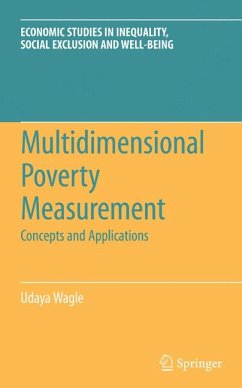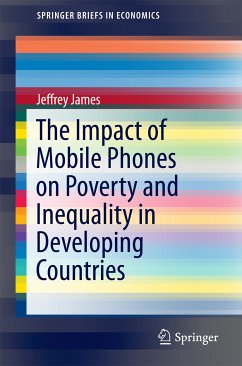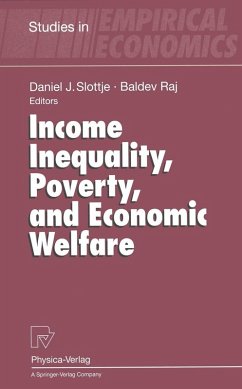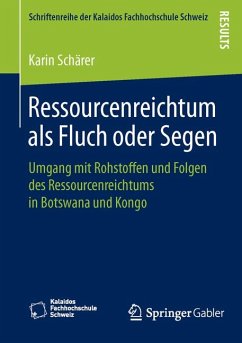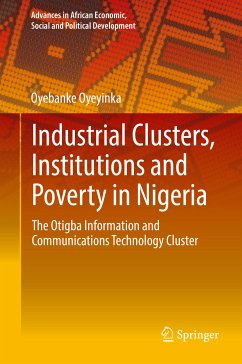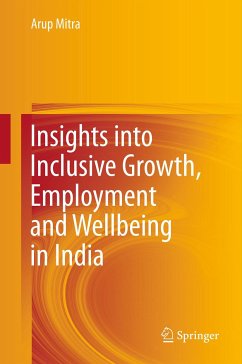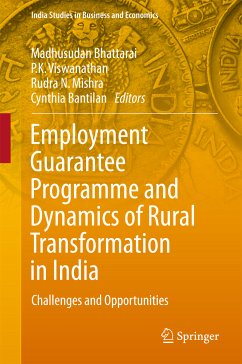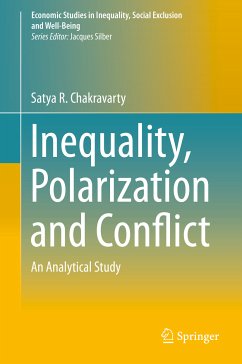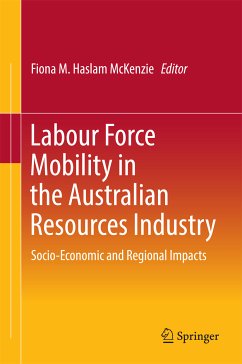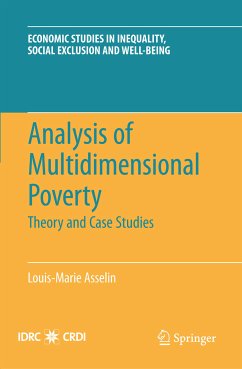
Analysis of Multidimensional Poverty (eBook, PDF)
Theory and Case Studies
Versandkostenfrei!
Sofort per Download lieferbar
112,95 €
inkl. MwSt.
Weitere Ausgaben:

PAYBACK Punkte
56 °P sammeln!
Poverty is a paradoxical state. Recognizable in the eld for any sensitive observer who travels in remote rural areas and urban slums and meets marginalized people in a given society, poverty still remains a challenge to conceptual formalization and to measurement that is consistent with such formalization. The analysis of poverty is multidisciplinary. It goes from ethics to economics, from political science to human biology, and any type of measurement rests on mathematics. Moreover, poverty is multifaceted according to the types of deprivation, and it is also gender and age speci c. A vector ...
Poverty is a paradoxical state. Recognizable in the eld for any sensitive observer who travels in remote rural areas and urban slums and meets marginalized people in a given society, poverty still remains a challenge to conceptual formalization and to measurement that is consistent with such formalization. The analysis of poverty is multidisciplinary. It goes from ethics to economics, from political science to human biology, and any type of measurement rests on mathematics. Moreover, poverty is multifaceted according to the types of deprivation, and it is also gender and age speci c. A vector of variables is required, which raises a substantial problem for individual and group comparisons necessary to equity analysis. Multidimension- ity also complicates the aggregation necessary to perform the ef ciency analysis of policies. In the case of income poverty, these two problems, equity and ef ciency, have bene ted from very signi cant progress in the eld of economics. Similar achievements are still to come in the area of multidimensional poverty. Within this general background, this book has a very modest and narrow-scoped objective. It proposes an operational methodology for measuring multidimensional poverty, independent from the conceptual origin, the size and the qualitative as well as the quantitative nature of the primary indicators used to describe the poverty of an individual, a household or a sociodemographic entity.
Dieser Download kann aus rechtlichen Gründen nur mit Rechnungsadresse in A, B, BG, CY, CZ, D, DK, EW, E, FIN, F, GR, HR, H, IRL, I, LT, L, LR, M, NL, PL, P, R, S, SLO, SK ausgeliefert werden.



